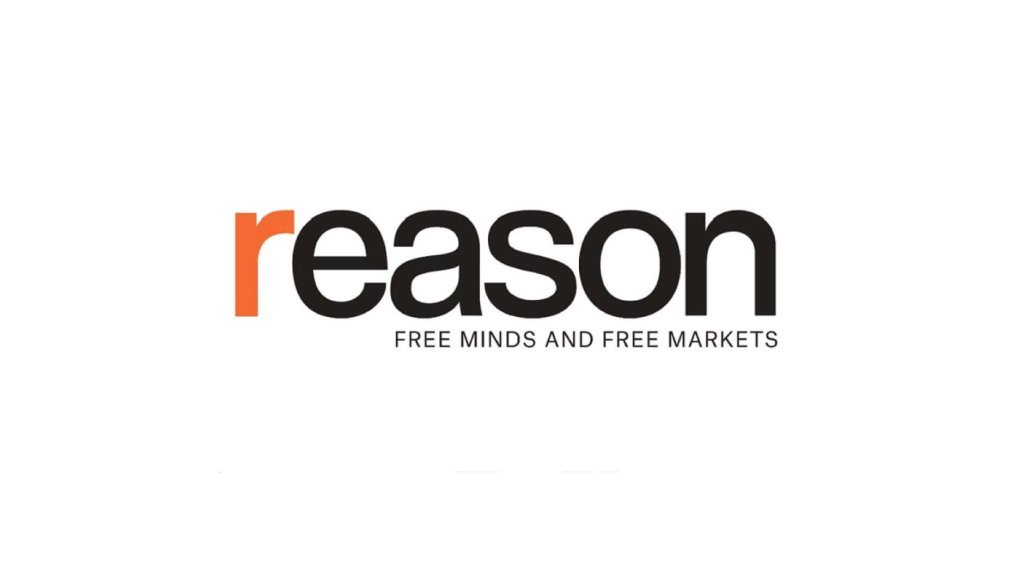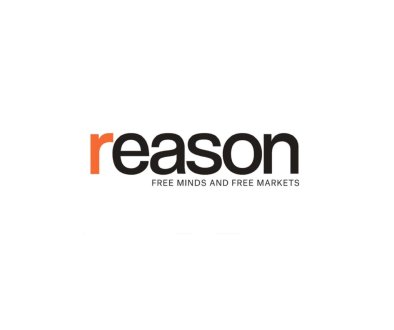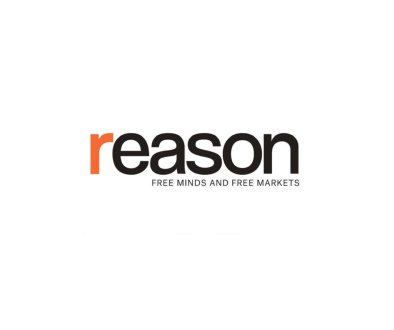The TAKE IT DOWN Act’s Good Intentions Don’t Make Up for Its Bad Policy
Who could possibly oppose legislation to get tough on AI-generated revenge porn? For one, Kentucky Republican Rep. Thomas Massie, one of two nays in Monday’s House vote on the TAKE IT DOWN Act. For another, a whole bunch of civil liberties advocates, including folks with groups like the American Civil Liberties Union, the Electronic Frontier Foundation, and The Future of Free Speech.
That’s because no matter how worthy the intentions behind the TAKE IT DOWN Act may be, the way it’s written poses major threats to protected expression and online privacy. It could also give politicians another tool with which to pressure technology companies into doing their bidding.
None of the measure’s critics are defending “revenge porn,” or what the bill calls “nonconsensual intimate visual depictions.” Rather, they worry that the measure would be “ripe for abuse, with unintended consequences,” as Massie put it.
Alas, the TAKE IT DOWN Act (S.146), sponsored by Sen. Ted Cruz (R–Texas), has now passed the Senate and the House. Next stop: President Donald Trump, who has been supportive of the bill.
What the TAKE IT DOWN Act Says
The measure would make it a federal crime to publish “any intimate visual depiction of an identifiable individual” online if the image was generated by a computer or artificial intelligence and was “indistinguishable from an authentic visual depiction of that individual,” unless the depicted individual consented to its publication or “voluntarily exposed” such an image in a “public or commercial setting” themselves.
So, no Photoshopping a celebrity’s head onto someone else’s racy image and posting it to some online forum. No asking Grok to imagine your ex in a compromising situation with J.D. Vance or a pizza delivery man or a Smurf, and then messaging that image to friends. And so on.
The measure would also ban publishing “an intimate visual depiction of an identifiable individual” online unless the depicted individual “voluntarily exposed” the image “in a public or commercial setting” or otherwise had no expectation of privacy. In this case, the crime is sharing real images of someone who didn’t want them shared.
Notably, the bill contains an exception for real or AI-generated images shared by law enforcement agencies or other government actors doing it as part of “investigative, protective, or intelligence activity.” (Wouldn’t want to jeopardize any of those catfishing sex stings, would we?)
For everyone else, violating the terms of the TAKE IT DOWN Act could mean up to two years in prison if the depicted individual was an adult and up to three years in prison if the depicted individual was a minor.
Threatening Free Speech and Encryption
Already, there’s some danger here of roping in people who share parodies and other protected speech.
But perhaps a bigger problem is the way the new measure would be enforced against tech platforms.
The bill would require online platforms to establish a notice and removal regime similar to those used for copyright infringements (a notoriously easy-to-abuse system). Platforms would be required to remove reported images within 48 hours after receiving a request and “make reasonable efforts to remove any known identical copies of such depiction.” The quick turnaround required—and the liability imposed if a platform fails to comply—would incentivize companies to simply take down any reported images, even when these weren’t breaking the law. That makes it ripe for use by people who want legal images to b
Article from Reason.com

The Reason Magazine website is a go-to destination for libertarians seeking cogent analysis, investigative reporting, and thought-provoking commentary. Championing the principles of individual freedom, limited government, and free markets, the site offers a diverse range of articles, videos, and podcasts that challenge conventional wisdom and advocate for libertarian solutions. Whether you’re interested in politics, culture, or technology, Reason provides a unique lens that prioritizes liberty and rational discourse. It’s an essential resource for those who value critical thinking and nuanced debate in the pursuit of a freer society.




